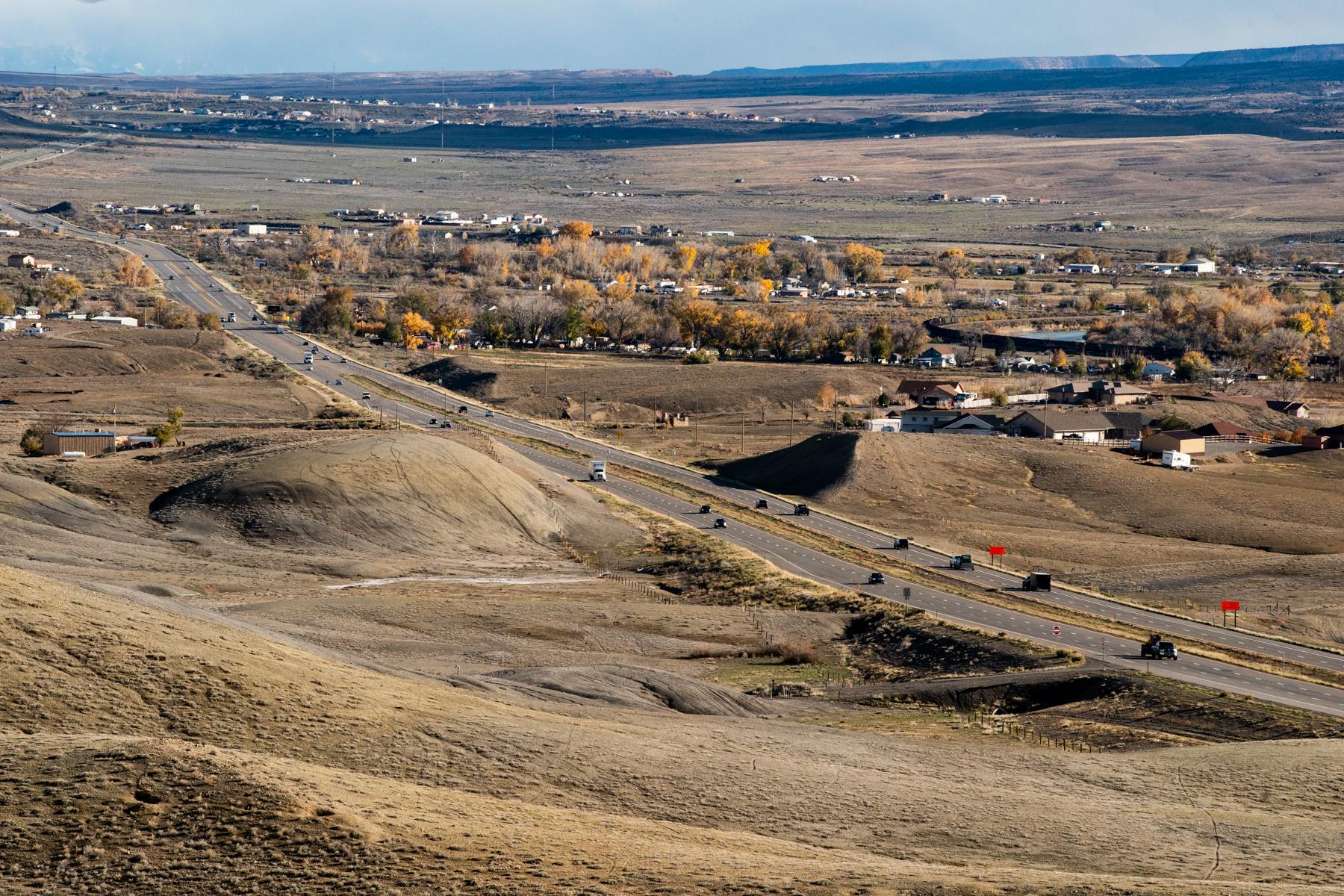
The U.S. Senate voted Wednesday to name Judge Gordon Gallagher, who has spent most of his career on the Western Slope, to serve in the U.S. District Court for the District of Colorado.
A graduate of the University of Denver’s College of Law, Gallagher has served as a magistrate judge for the court since 2012. He previously served as a deputy district attorney in Mesa County between 1997 and 2000, and operated his own criminal defense practice. His nomination was confirmed 53-43 in a bipartisan vote.
Gallagher will assume the seat vacated by Judge William Martinez, who is assuming senior status, a form of semi-retirement for judges who are at least 65 years old. Former President Barack Obama appointed Martinez to the post in 2010.
Democratic Senators Michael Bennet and John Hickenlooper applauded Gallagher's confirmation, touting him as someone who will provide a voice missing from the federal court.
“Judge Gordon Gallagher has proven his character, integrity, and legal acumen over a distinguished 25-year career. And unlike anyone on the District Court in Colorado today, Judge Gallagher has spent the majority of his career on the Western Slope – developing a perspective on public lands, natural resources, and federal regulation that has prepared him to serve the United States and the people of Colorado,” Bennet said in a statement.
Front Range judges have dominated for 15 years
Gallagher will be the first federal judge appointed from the Western Slope in more than three decades. That representation gap has helped Gallagher earn the support of the state’s Indigenous community, whose cases have crossed his desk during his time as magistrate.
“The Tribe feels that there is little hope of providing justice and fairness to our Tribal Members, whether victims or perpetrators of alleged crimes, unless those hearing the cases [are] applying the cultural values that are common and important among our Members,” wrote Chairman Manuel Heart of the Ute Mountain Ute Tribe in a letter to the Senate. “Magistrate Gallagher has demonstrated that he is sensitive to the needs of the Tribal Members and will strive to consider those values in forming his perspective.”
The last Western Slope presence on the court was Edward Nottingham, a private attorney in Grand Junction and onetime Assistant U.S. Attorney, who was appointed by former President George H.W. Bush in 1989. Nottingham served until 2008, when he resigned due to a misconduct scandal. Martinez was his replacement.
It is unclear whether Gallagher will remain in Grand Junction or relocate to Denver, where other district judges are located. Gallagher received commission, the official document that allows nominees to be sworn in, early last week. He must be sworn in in a courtroom to assume office. That should happen in the coming weeks.
The bench is full of new faces
A string of retirements has allowed President Joe Biden to reshape the District Court during his first three years in office. Gallagher is Biden’s fourth appointment to the seven-member bench since taking office, and the Senate still has one more vacancy it must fill.
Biden’s nomination of Judge Kato Crews, who Bennet and Hickenlooper recommended to the White House in August, was introduced to the Senate Judiciary Committee last week. He appeared before the Senate Judiciary Committee on Wednesday, the same day Gallagher was confirmed. The Pueblo judge has worked as a magistrate for the district since 2018, and he previously served as an attorney with the U.S. National Labor Relations Board in Denver.
If confirmed, Crews would replace Judge Raymond P. Moore, who announced his retirement last July. Moore, another Obama appointee, will take on senior status in June after a decade on the bench.
Federal district courts are the general trial courts of the federal court system. They hear a variety of cases where witnesses testify and juries serve. Cases decided in the U.S. District Court for the District of Colorado can be appealed to the Tenth Circuit Court of Appeals, and those rulings can be reviewed by the U.S. Supreme Court.
Among other things, the court is currently considering a case from the U.S. Department of the Interior, which is suing a Fort Collins water company over damage done to parts of Rocky Mountain National Park. Its members have also presided over recent, high-profile cases involving COVID-19 vaccination requirements and police treatment of civil rights protesters.









